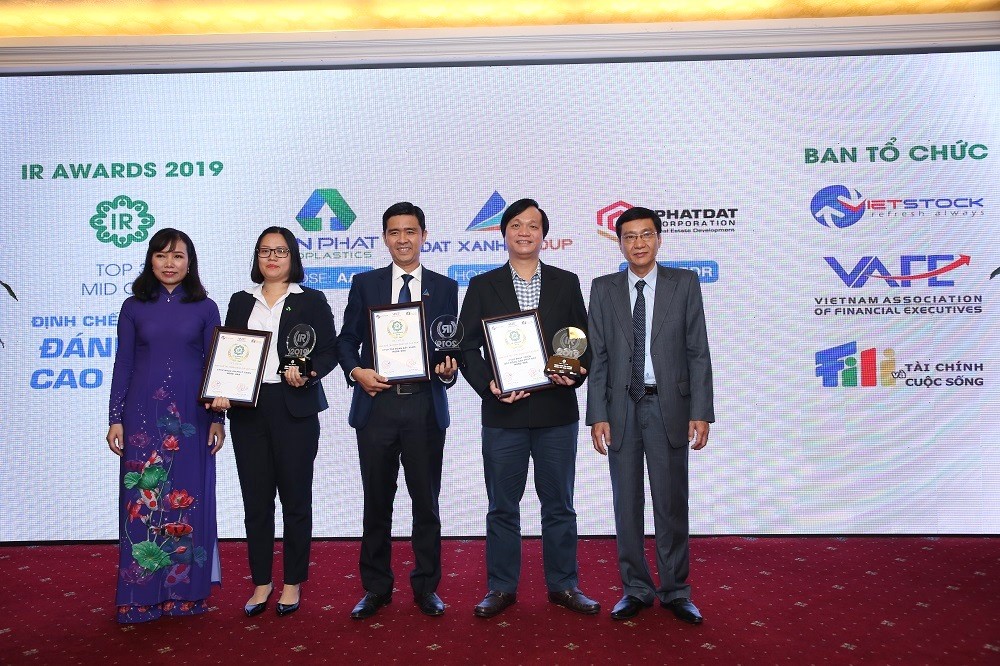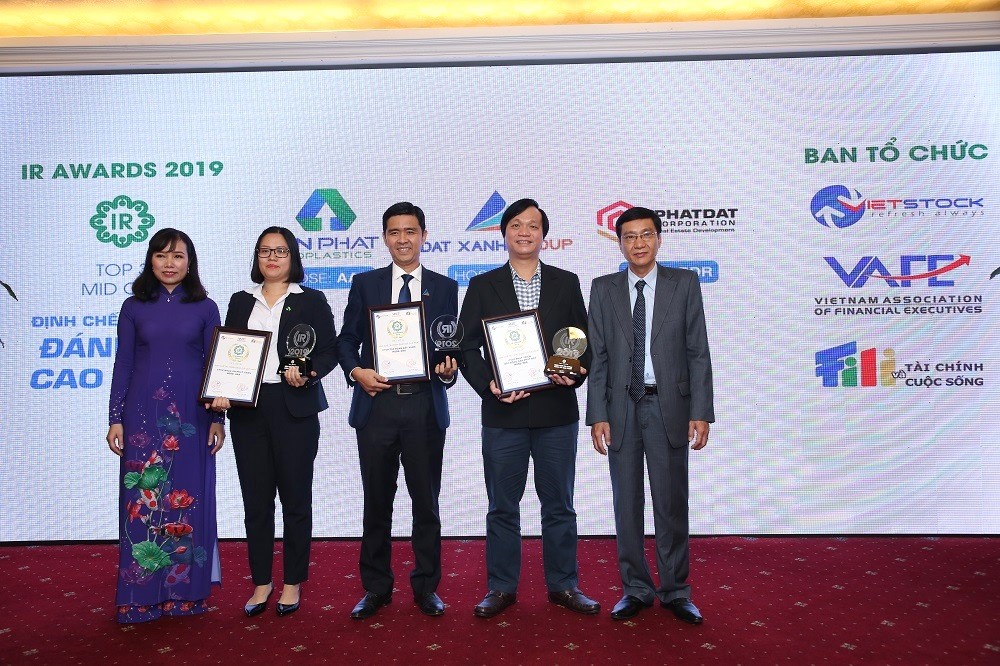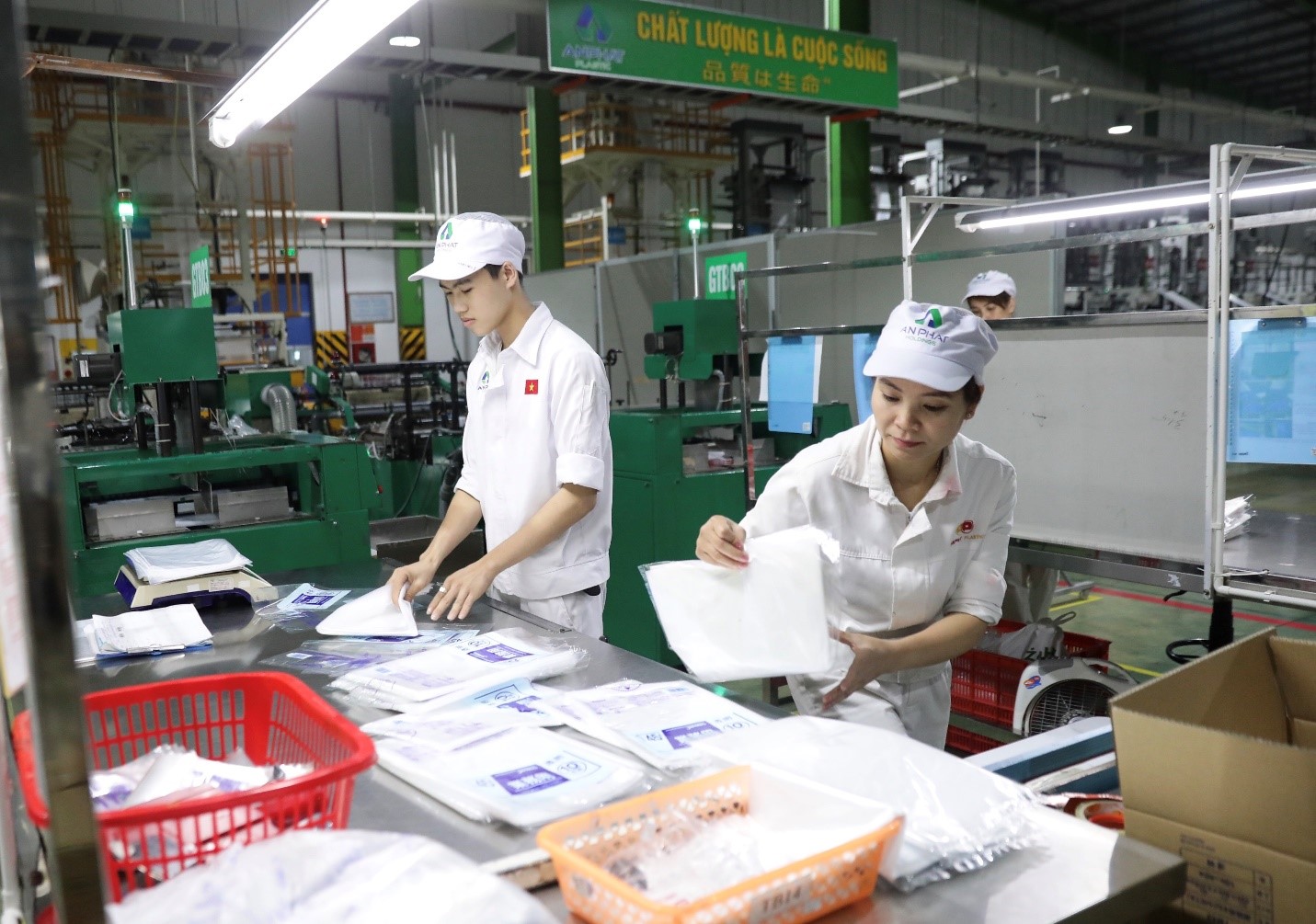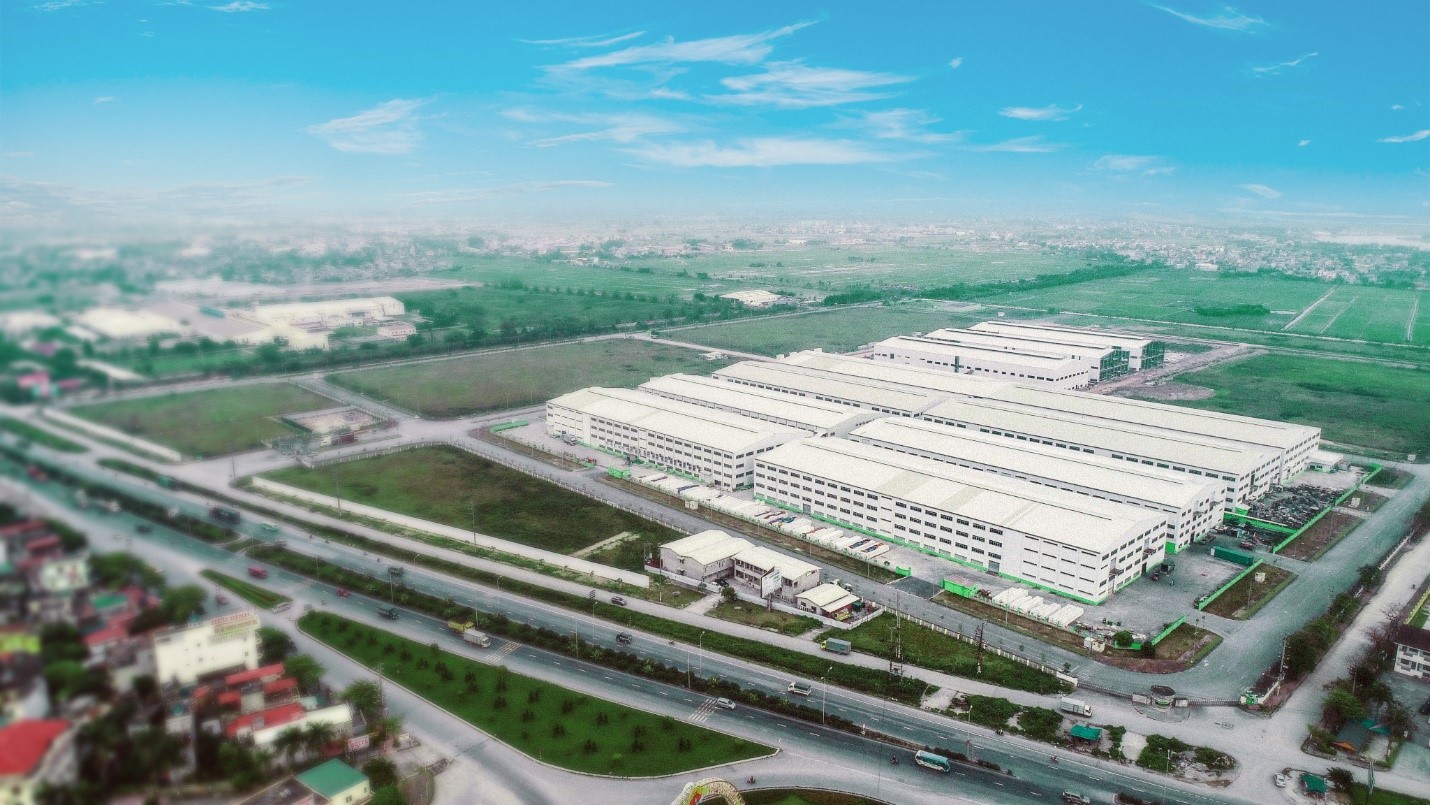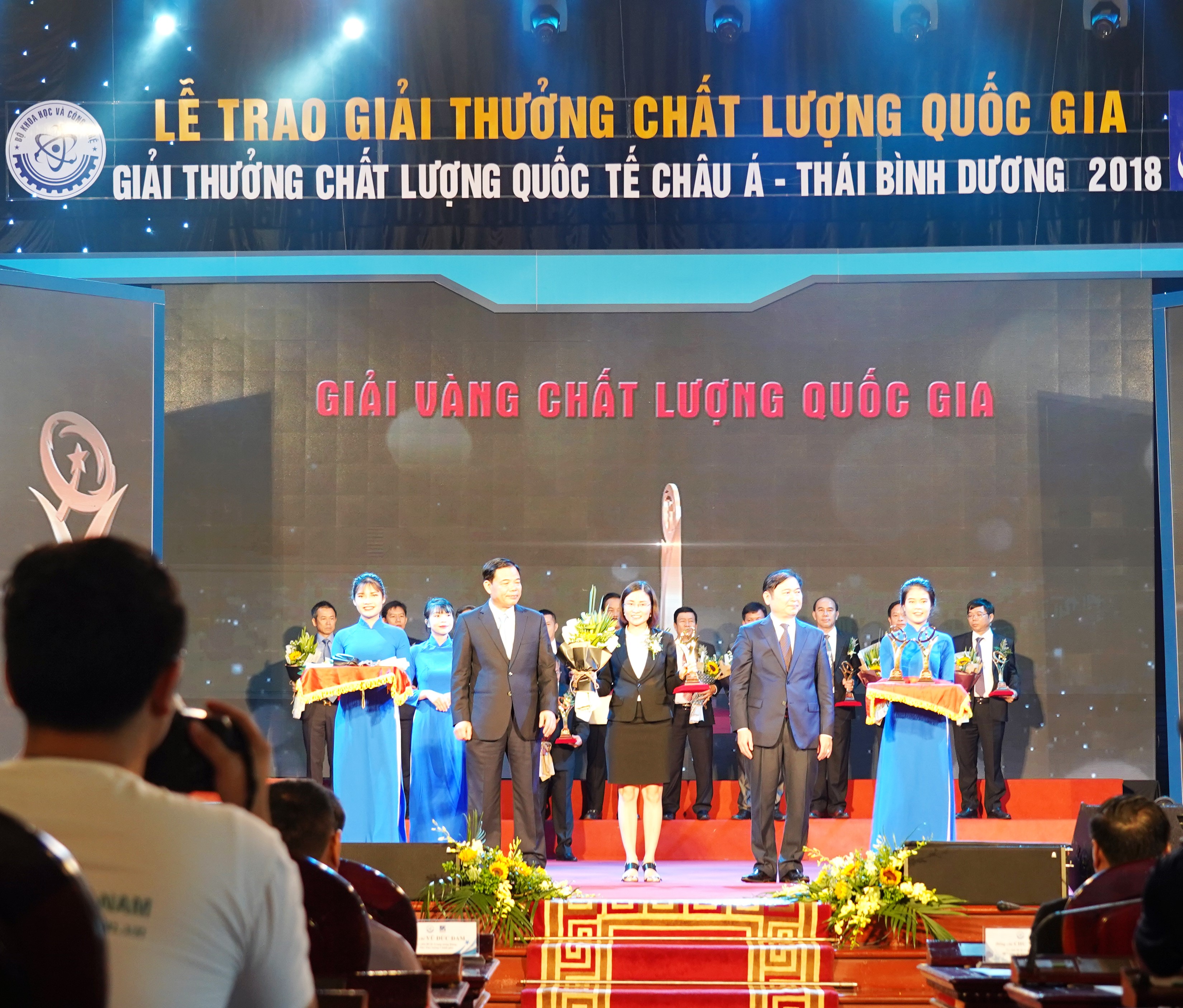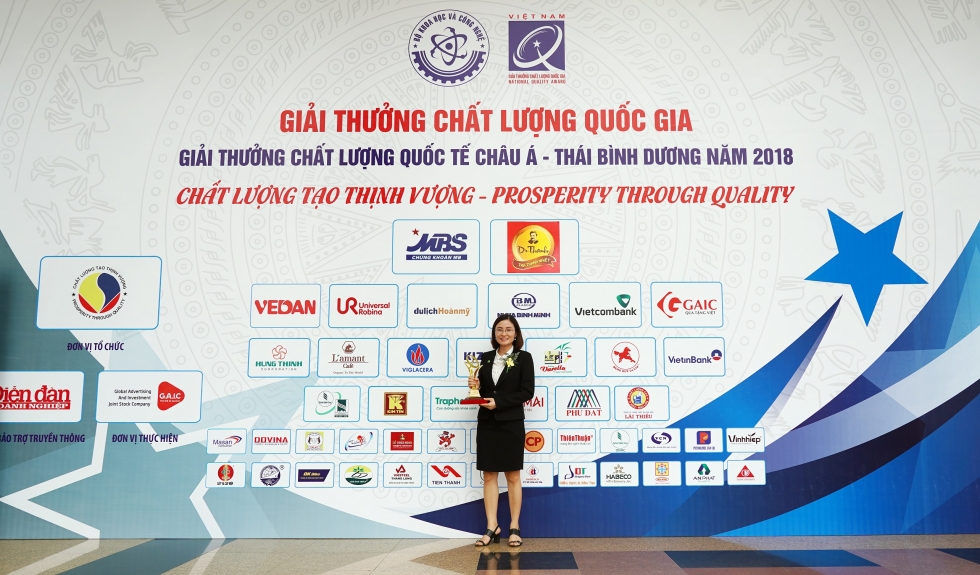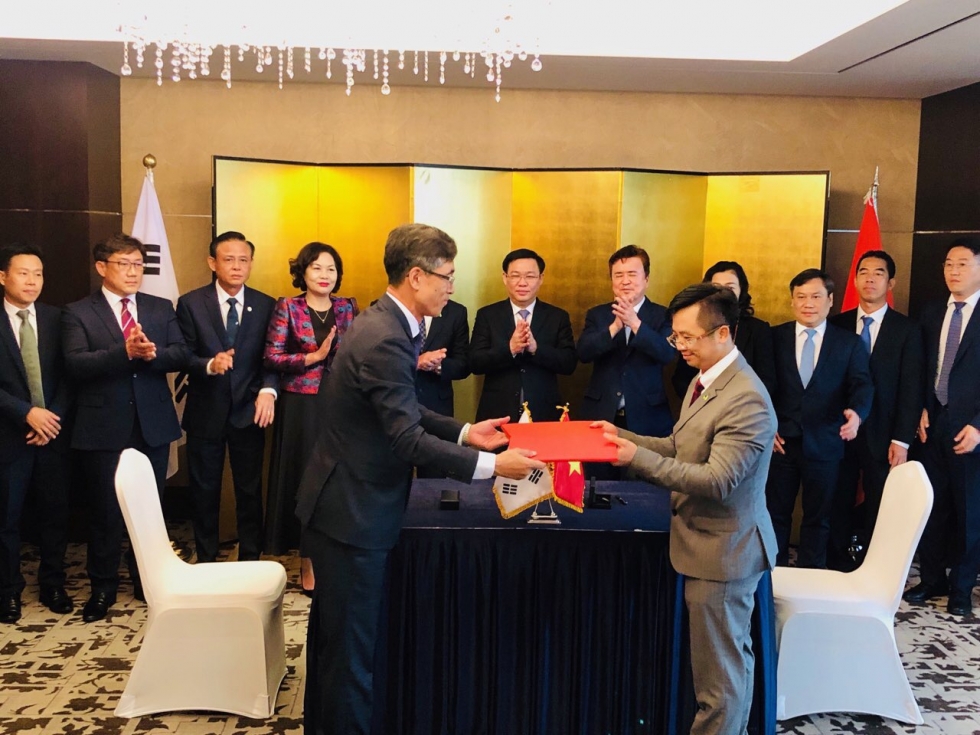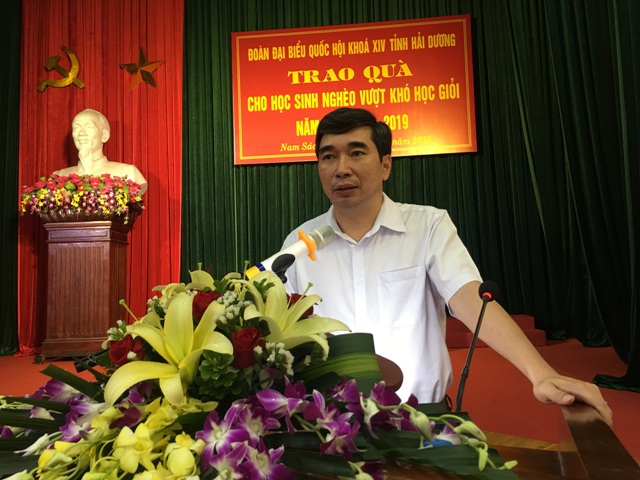The investment in North American polyethylene (PE) has already resulted in the addition of over 4.5 million tonnes/year of new capacity since 2017. At least 30% of that new capacity is marked for export.
Sasol’s cracker in Louisiana. Image: Sasol
The new capacity spurred by both new construction and expansions is far from over. A lot more is coming. Another 7 million tonnes of PE is planned, or under construction.
In total, North American producers are expected to add 12.1 million tonnes of PE before 2022, according to ICIS.
North American PE capacity is expected to increase from 23.15 million tonnes/year in 2018 to 33.82 million tonnes/year in 2023, according to GlobalData.
North America will be the second highest in terms of PE capacity additions, just behind Asia.
Exports are already critical in the oversupplied U.S. plastics market and will become even more significant in the next few years as the additional capacity comes online.
A global trade conflict has resulted in suppliers finding alternative routes for U.S. material.
Petchem Update provides an update on the most recent cracker and downstream PE construction projects below.
Sasol Lake Charles Chemicals Complex
Sasol’s 1.5 million tonne/year cracker in Lake Charles, Louisiana, began startup operations in July, but the company’s new associated 420,000 tonne/year low density polyethylene (LDPE) plant was delayed.
The project will roughly triple the company’s chemical production capacity in the U.S. but has experienced multiple cost and schedule overruns.
The estimate for the Lake Charles Chemicals Project (LCCP) is now $12.6-12.9 billion, including a contingency of $300 million, Sasol said in a stock exchange announcement in August 2019. Costs at the site have climbed from an initial projection of $9 billion. The challenges are a result of weather, engineering and staffing difficulties, Sasol said.
In February, the company announced that the cracker and derivative units would start up several months later than planned because of incomplete engineering work, inclement weather and worker absenteeism, after the cracker and a 470,000 tonne/year linear low density polyethylene (LLDPE) plant had been slated to start up by December 2018.
The LLDPE plant came online in February, followed by a 380,000 tonne/year ethylene oxide/monoethylene glycol unit in June.
Sasol in 2016 revised the project cost to $$11.1 billion from $9 billion because of issues with labor retention and other costs. Then in February pushed costs to $11.6 billion to $11.8 billion because of incomplete engineering work, bad weather and worker absenteeism. In May, overall costs climbed again.
The first of seven units started production earlier in 2019, and by second quarter 2019, Sasol said the complex was 96% complete. However, issues with a heat exchanger and the acetylene reactor system interrupted the planned start-up for some of the units.
The project will, once complete, boost the part of chemicals in Sasol’s sales mix to 70%. It’s one of two massive plants that it had planned in the U.S., but the second – a gas-to-liquids (GTL) operation –was abandoned during the oil-price crash.
LCCP was approved in 2014. Mechanical, electrical and instrumentation work began in 2016.
In 2015, Sasol announced its local contractors. Cajun Constructors Inc. and James Industrial Constructors were hired to do site work, including site preparation, piling and foundations. ISC Constructors LLC and MMR Constructors Inc. were contracted to perform electrical and instrumentation work. Turner Industries was hired to conduct mechanical, structural steel and piping work.
Fluor Technip Integrated of Texas was contracted as the primary engineering, procurement and construction (EPC) management contractor.
ExxonMobil – Beaumont, Texas
ExxonMobil announced in July it started production on a new PE line at its Beaumont plant.
The new high-performance line is part of an expansion that increases the PE plant’s production capacity by 65% or 650,000 tons annually.
The capacity for the facility is now 1.7 million tonnes/year. The project supported 2,000 temporary jobs and will add 40 permanent jobs to the facility.
The expansion makes Texas the company’s largest PE producer.
Zachry Group was originally hired to manage the project in 2016. Details of Zachry’s responsibilities include providing constructability and execution planning, electrical and instrumentation design, and direct-hire responsibilities for in-plant
LyondellBasell – La Porte
LyondellBasell is constructing its 500,000 tonne/year Hyperzone high density polyethylene (HDPE) project in La Porte, Texas. The project is slated for start-up by the end of 2019.
The La Porte Complex is one of LyondellBasell’s largest manufacturing facilities spanning approximately 550 acres. The complex has two docks on the Houston Ship Channel and truck and rail transportation capabilities.
Once the Hyperzone PE plant is complete, the La Porte Complex will more than double its annual PE capacity to 2 billion pounds (900,000 tonnes).
Formosa – Point Comfort
Formosa Plastics is in the middle of a major production capacity expansion, which will add a third olefins unit, a propane dehydrogenation (PDH) unit, a LDPE resin plant, another HDPE resin plant and an additional polypropylene (PP) line.
The company said it intends to achieve steady state commercial operations at its two new PE plants in Point Comfort, Texas during the second half of 2019.
Its third olefins plant at Point Comfort is under construction, and gas feed is expected also in the second half of 2019. The cracker will have a capacity of 1.25 million tonnes/year.
For the PE plants, one will have a capacity of 400,000 tonnes/year of low-density PE (LDPE). The other will be able to produce both high density PE (HDPE) and linear low-density PE (LLDPE), with a combined capacity of 400,000 tonnes/year.
Total Borealis Nova – Bayport
Bayport Polymers (Baystar) – a 50/50 joint venture owned by Total and Novealis, itself a joint venture of Borealis AG and NOVA Chemicals announced the final investment decision to build a 625,000 tonne/year polyethylene unit at its production site in Bayport, Texas.
The JV started construction of the Borstar Bay3 project earlier this year. The unit is scheduled for start up in 2021.
The contract for the engineering, procurement and construction was awarded to McDermott and is expected to employ 1,750 staff during peak activity.
The $1.7-billion ethane steam cracker—which will supply feedstock both for Baystar’s existing 400,000-tonne/year PE unit as well as the new Borstar unit—remains on schedule for commissioning in late 2020.
Nova Chemicals -Canada
Nova Chemicals, the Calgary-headquartered company, owned by the Emirate of Abu Dhabi, is also busy advancing work in its new Rokeby Site, in Sarnia-Lambton, Ontario, located with access not just to Canada’s markets but also to the north-central U.S. The project is within 65 miles of Detroit.
Piling work began in the fall. Work in the past year has included new roadways and parking lot construction. Nova bought in 1988 the Corunna petrochemical facilities, located next to the Rokeby construction site.
The project involves adding capacity of approximately one billion pounds of PE per year by the end of 2021. Work includes a cracker expansion to increase the existing unit’s current ethylene capacity by more than 50 percent.
Shell Pennsylvania
Shell Chemical has installed most of the major components of its new plant in Beaver County, Pennsylvania. Roughly 5,000 workers are on site building the plant now, and up to 6,000 are expected to be on site by year end. Work is expected to take another 18 months to complete, an executive told the local television station WKBN 27.
The Shell cracker is the first major U.S. major petrochemical complex outside of the U.S. Gulf in more than 30 years.
The plant sits on more than 300 acres bounded by I-376 and the Ohio River, where barge traffic can be seen bringing equipment for the plant that was too large to get there any other way.
The plant’s supply chain has access to highway, rail lines and the river.
The plant also sits near the center of the Marcellus Shale natural gas play for its upstream resources, as well as a big chunk of Shell’s potential customer base.
The plant will eventually hire about 600 operators, engineers and safety and environmental workers. Bechtel is the project manager for the Shell Chemicals plant.



